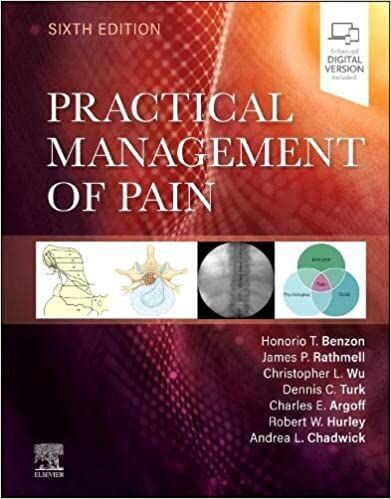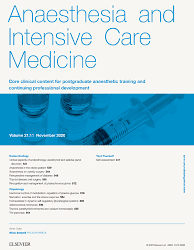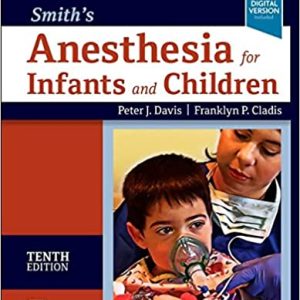Descrição
Practical Management of Pain SIXTH Edition 6th ed/6e PDF is a comprehensive book on pain management, covering various aspects such as history, classification, organization of acute pain services, interdisciplinary approaches, healthcare policy, quality assessment, education, training, and certification in pain medicine, and a detailed exploration of pain physiology and neurochemistry. The book also delves into individual differences in pain experience, communication and clinician relationships, pharmacogenetics, psychosocial aspects, comprehensive evaluation, mechanism-based treatments, and precision medicine. It emphasizes a multidisciplinary approach to pain management, addressing the need for effective and compassionate care, and reducing the risk of chronic pain and opioid dependence.
PREFACE
The Practical Management of Pain, initially published in 1986, is a well-established textbook on pain management. In 2008, the current editors assumed editorial leadership for the fourth edition of the book, and their multidisciplinary backgrounds in anesthesiology, neurology, and psychology have been reflected in the book’s content. The book has evolved to focus on pain-related topics, with a comprehensive update and expansion in this edition. The editors have enlisted an outstanding set of clinicians and researchers with expertise in various aspects of pain and its management to provide contemporary information on evaluating and treating patients experiencing pain. In this edition, Dr. Andrea Chadwick has been added to the editorial team, bringing expertise in areas such as fibromyalgia, non-opioid pain management, and radiation exposure. The production of this textbook involved contributions, encouragement, and support from numerous individuals, including the authors, the Aptara team, and others involved in its development. The editors express their gratitude for these contributions.
Part 1: General Considerations 1. History Is a Distillation of Rumor 2. Classification of Acute Pain and Chronic Pain Syndromes 3. Organizing an Inpatient Acute Pain Service 4. Interdisciplinary Pain Management 5. The Healthcare Policy of Pain Management 6. Quality Assessment, Improvement, and Patient Safety in Pain Management 7. Education, Training, and Certification in Pain Medicine Part 2: Basic Considerations 8. Neurophysiology of Pain: Peripheral, Spinal, Ascending, and Descending Pathways 9. Neurochemistry of Nociception 10. Neuroimaging Techniques 11. Individual Differences in Experience and Treatment of Pain: Race, Ethnicity, and Sex 12. Communication and Clinician Relationships to Improve Care for Patients With Chronic Pain 13. Pharmacogenetics in Pain Management 14. Psychosocial and Psychiatric Aspects of Chronic Pain 15. Comprehensive Approach to Evaluating Patients With Chronic Pain 16. Mechanism-Based Treatment and Precision Medicine…and more , Order now to read


![Clinical Physiology in Anesthetic Practice [1e/1st ed] First Edition](https://medicalebooks.org/wp-content/uploads/2020/12/Clinical-Physiology-in-Anesthetic-Practice-260x300.jpg)


Avaliações
Não há avaliações ainda.